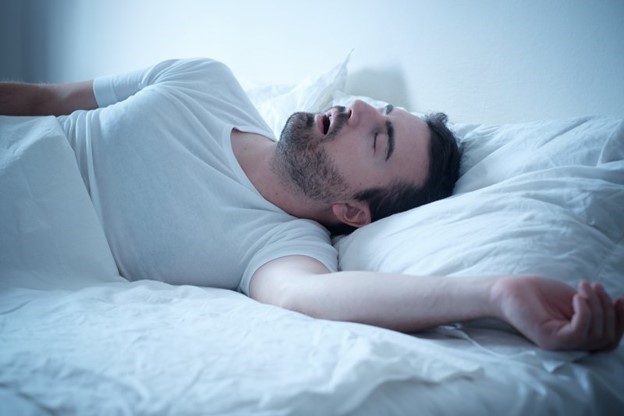
Sleep apnea is a hazardous sleep disorder, and if left untreated, it can pose a serious risk to your life. Prompt action is essential to address sleep apnea symptoms, but it’s equally crucial to avoid any actions that might exacerbate the situation. If you’re working to manage sleep apnea, pay close attention to these four factors that could worsen the condition.
1. Gaining Weight
Approximately 70 percent of individuals with obstructive sleep apnea are overweight. Excess weight often increases the risk of airway blockage due to fat deposits in the neck. What’s more, sleep apnea can lead to further weight gain, creating a challenging cycle.
In many instances, shedding extra pounds may be a crucial step in managing your sleep disorder. Don’t forget that you can seek guidance from your primary care physician for assistance with weight management.
2. Drinking Alcohol Right Before Bed
Alcohol has the effect of inducing muscle relaxation, including the muscles in your throat. Regrettably, if these throat muscles become overly relaxed, there is a higher likelihood of airway obstruction during your sleep. To ensure a restful night’s sleep, it’s advisable to abstain from alcohol for at least a few hours before your usual bedtime.
3. Sleeping on Your Back
Sleeping on your back can lead to gravitational forces causing your tongue to retreat toward your throat, potentially obstructing the airflow and exacerbating sleep apnea symptoms. It’s advisable to make the switch to sleeping on your side to lower the risk of airway blockage.
One effective technique is to place a small object, such as a tennis ball, on the back of your pajama top. This will make sleeping on your back less comfortable than sleeping on your side, discouraging your body from turning while you sleep.
4. Using Specific Medications
Certain medications are recognized for their ability to relax throat muscles, potentially exacerbating sleep apnea. Common culprits include muscle relaxants, opioids, benzodiazepines, and, ironically, sleep aids.
It’s advisable to examine your current medication list to determine if any of them might be influencing your sleep apnea. Sometimes, it may be feasible to address the issue by seeking an alternative prescription.
The better informed you are about the elements that can exacerbate sleep apnea, the more effective your treatment will be. Don’t hesitate to consult your sleep dentist today to explore any additional measures you should steer clear of to enhance your quality of sleep.
About the Practice
Nelson Dental Sleep Medicine is under the leadership of Dr. Jay A. Nelson, a dedicated and seasoned specialist in sleep medicine, with a specific emphasis on sleep apnea. Dr. Nelson is committed to assisting individuals dealing with sleep disorders by offering expert diagnosis and effective treatment options. If you’re prepared to arrange an appointment with Nelson Dental Sleep Medicine or schedule a consultation with Dr. Nelson, please visit their website or contact their office at (813) 733-4169.
